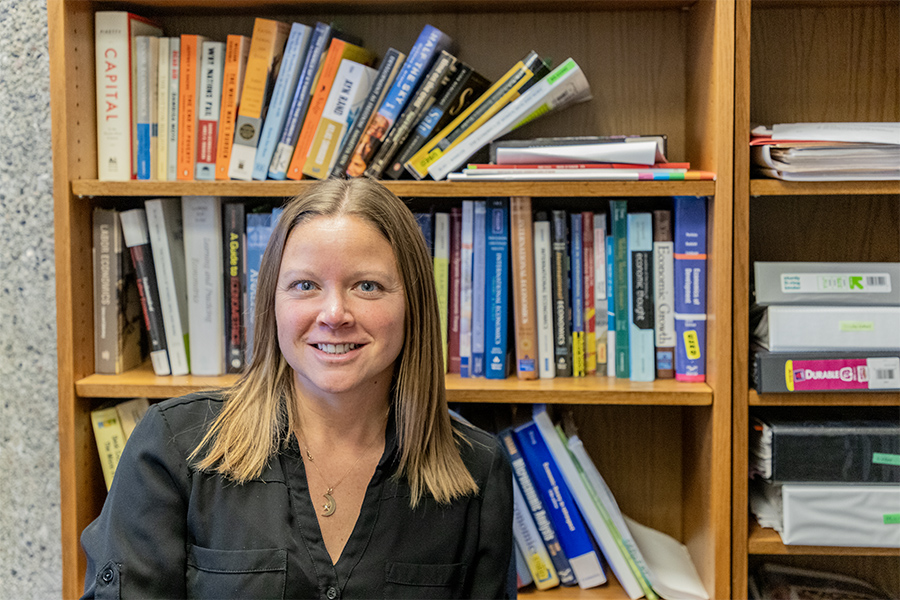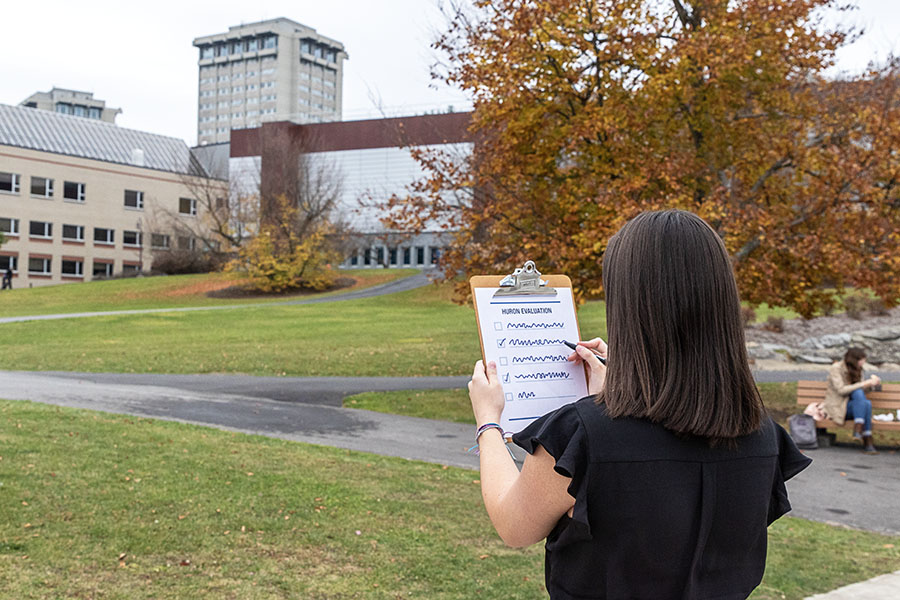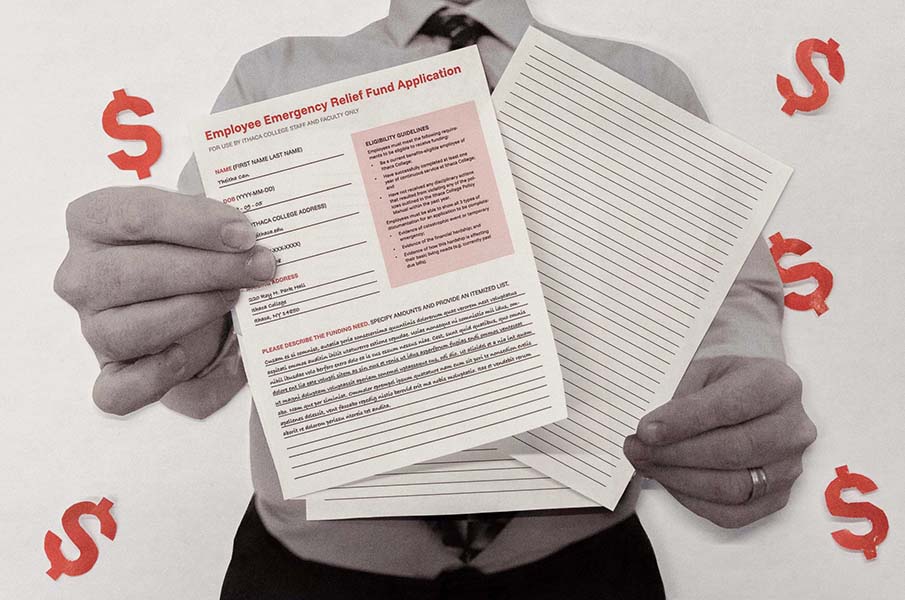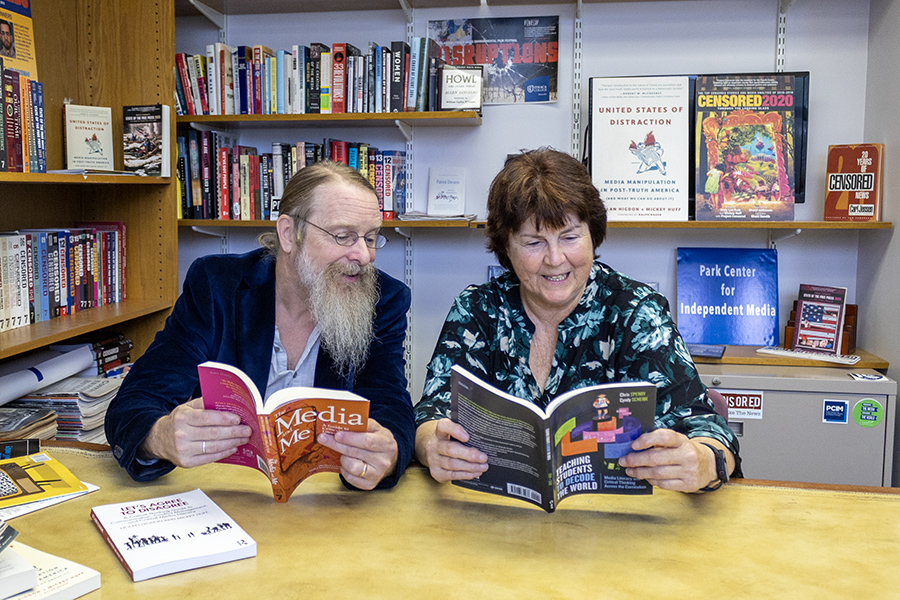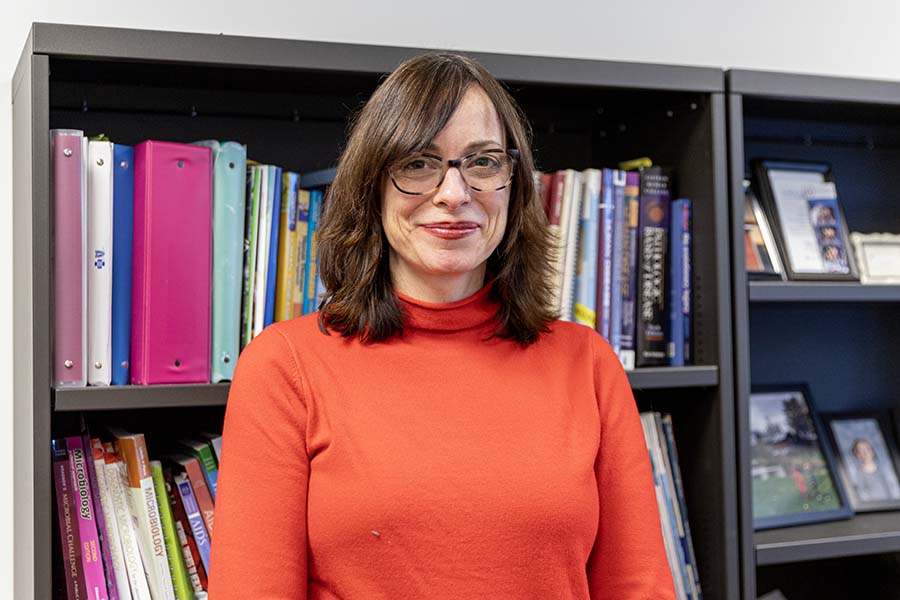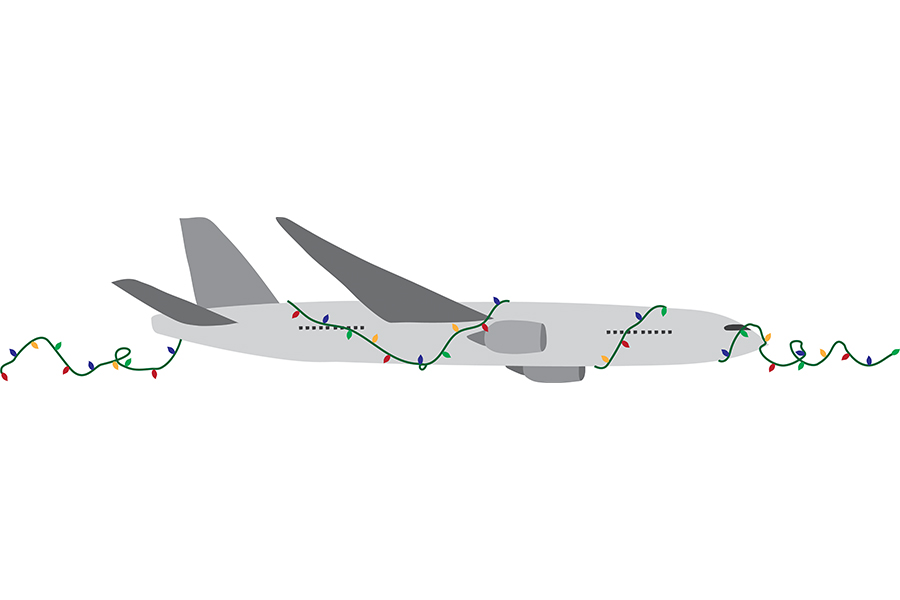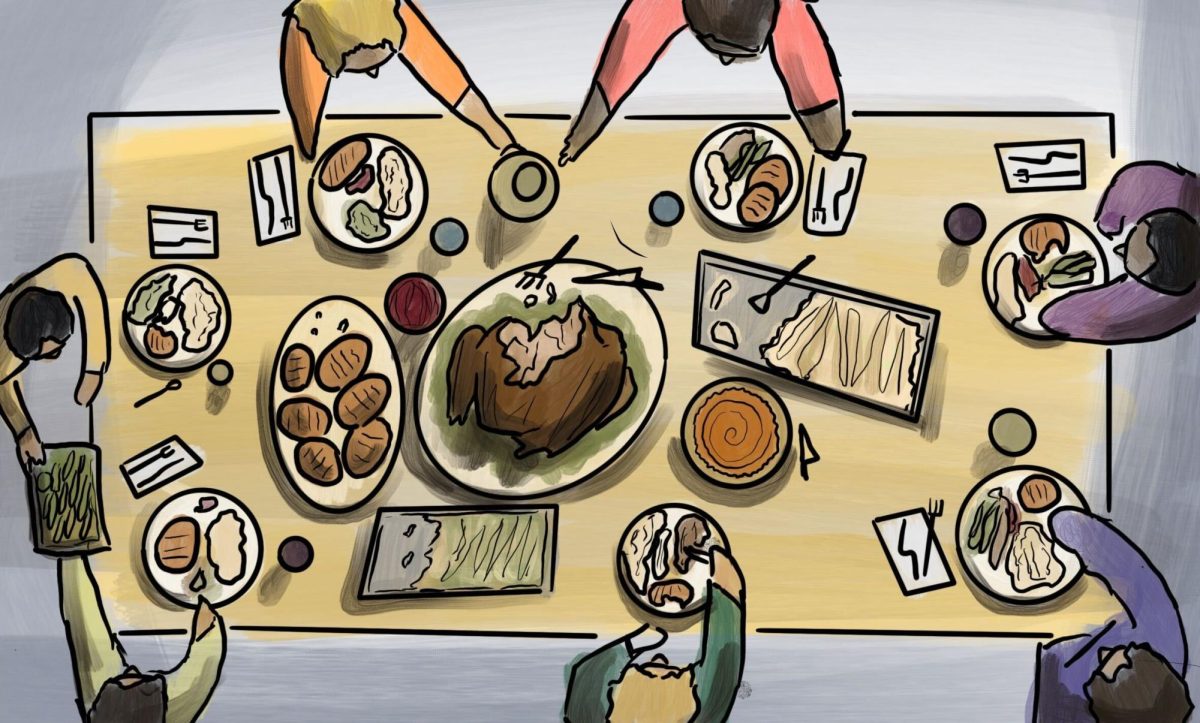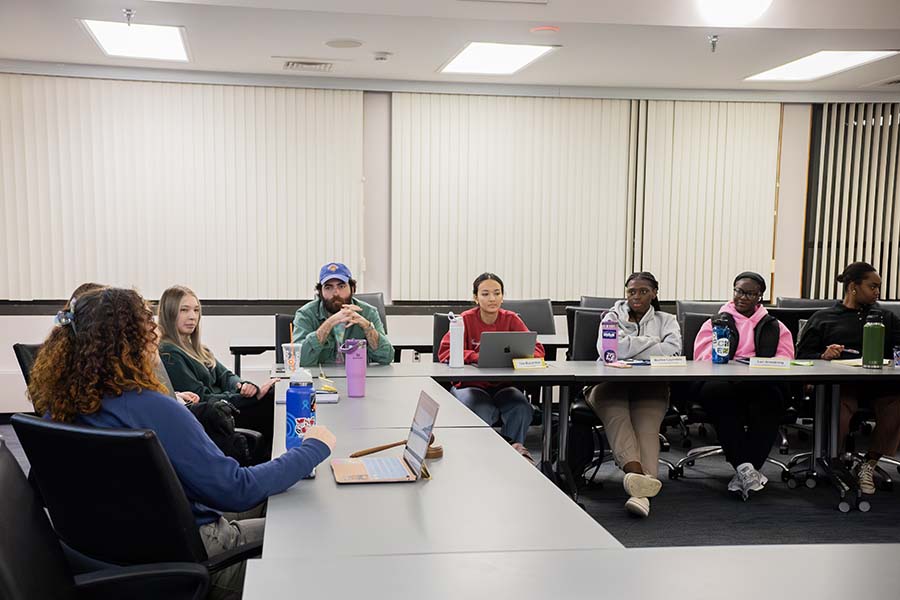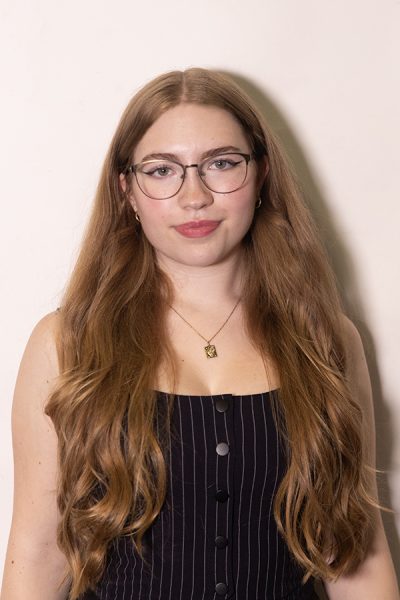Elizabeth Kaletski, an associate professor in the Department of Economics at Ithaca College, was on sabbatical for Spring 2023. During her sabbatical, she worked on projects centered on children’s rights for the Human Rights Measurement Initiative, including analyzing data, writing academic papers and securing funding.
Staff Writer Kaeleigh Banda spoke with Kaletski about her research, her time teaching at the college and the intersection of economics and human rights.
This interview has been edited for length and clarity.
Kaeleigh Banda: Can you give me an overview of your time on sabbatical and explain more about the research you conducted?
Elizabeth Kaletski: I’ve been working with a not-for-profit organization that’s based in New Zealand for a few years now. It’s called the Human Rights Measurement Initiative. We do a lot of different things, but the overall mission is to try to translate human rights that are outlined in international law into things that can be measured in order to hold governments accountable for their obligations under international law. And so we have a bunch of different divisions … and I’m one of the co-leads on the child rights division. Right now, we’re still in development, so we’ve written a few academic papers. … The other part of that work has been trying to get money for grants to fund [the research]. It’s really expensive to do data collection and to develop these measures, but because we view it as something really important for pushing human rights forward around the world, we need to try and get money to do that. … The other thing on sabbatical that I was working on was related specifically to economic and social rights. A co-author and I were looking at patterns of economic and social rights and how they relate to growth outcomes. … We’ve found that actually, countries that focus on human rights tend to have better growth outcomes … it’s quite a positive result in terms of where countries should focus. Focusing on human rights [can] bring positive economic growth as well.
KB: What motivated you to look into your specific research during Spring 2023 in particular?
EK: Coming out of my graduate studies … I did a bunch of work on child rights and specifically child labor. But I went to the University of Connecticut, which had an econ department, but it also had a human rights institute which was this interdisciplinary institute where you had people from political science, law, anthropology and social work, and I just really love the interdisciplinary nature of it. You just got so many perspectives and econ can sometimes be a little bit limiting. I always liked the idea of going outside the typical boundaries of the field. From that, I developed a lot of connections over the years and that’s actually what brought me to the Human Rights Measurement Initiative.
KB: Can you describe a specific moment that stood out to you or that was particularly enriching or impactful during your time on sabbatical?
EK: I always feel a little bit like an armchair economist, especially working on data. I spend a lot of time staring at my computer. I’m … just looking at numbers and it’s really easy to get sort of disassociated from the people behind that, especially since we’re working on human rights and real issues that people are facing around the world. So one of the things that always stands out to me … is we have people who are on the ground in countries around the world who are advocating for human rights. [They] are telling us the things that are going on and we use them to collect data to push for government action, too. So hearing their stories, the people who are really doing the hard work is something that always sort of sticks out to me. … It’s just really amazing to be able to interact with those people and learn from them.
KB: How has Ithaca College helped you achieve your personal goals and support you and your research?
EK: When I first came in, I was hired as a labor economist and I had the opportunity to just develop classes in everything I was interested in. It was kind of like, “What do you want to teach next?” Over those very first years, [I was able] to develop classes that are really in line with my research agenda. It was just super fulfilling and nice to be able to go into the classroom and talk about the things that I’m working on outside of the classroom. I think that connection between what I do in the class and then what I do in my research [is not something you] always get at different [colleges].
KB: What would you say is your biggest takeaway that you want to share with others?
EK: When you work on human rights, it’s really easy to feel disheartened. You hear stories that are just devastating. It’s things that real people are going through, and that’s really difficult. But I have met and worked with so many people who are not just smart, but they’re so dedicated and they want to see the world become a better place. And so it’s important for me to make sure that people stay optimistic about where we can go in the future. There may be a lot of things that aren’t great going on right now, but there are a lot of people who are working hard to make the world a better place.


